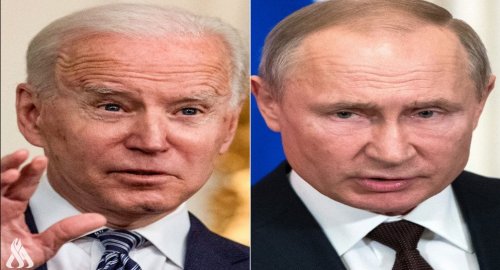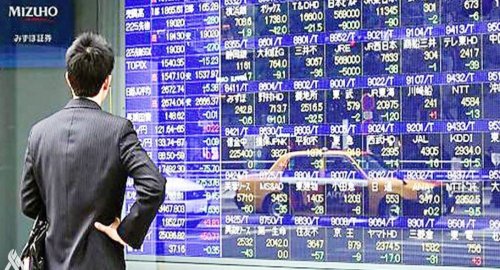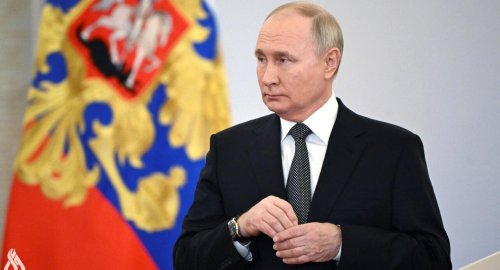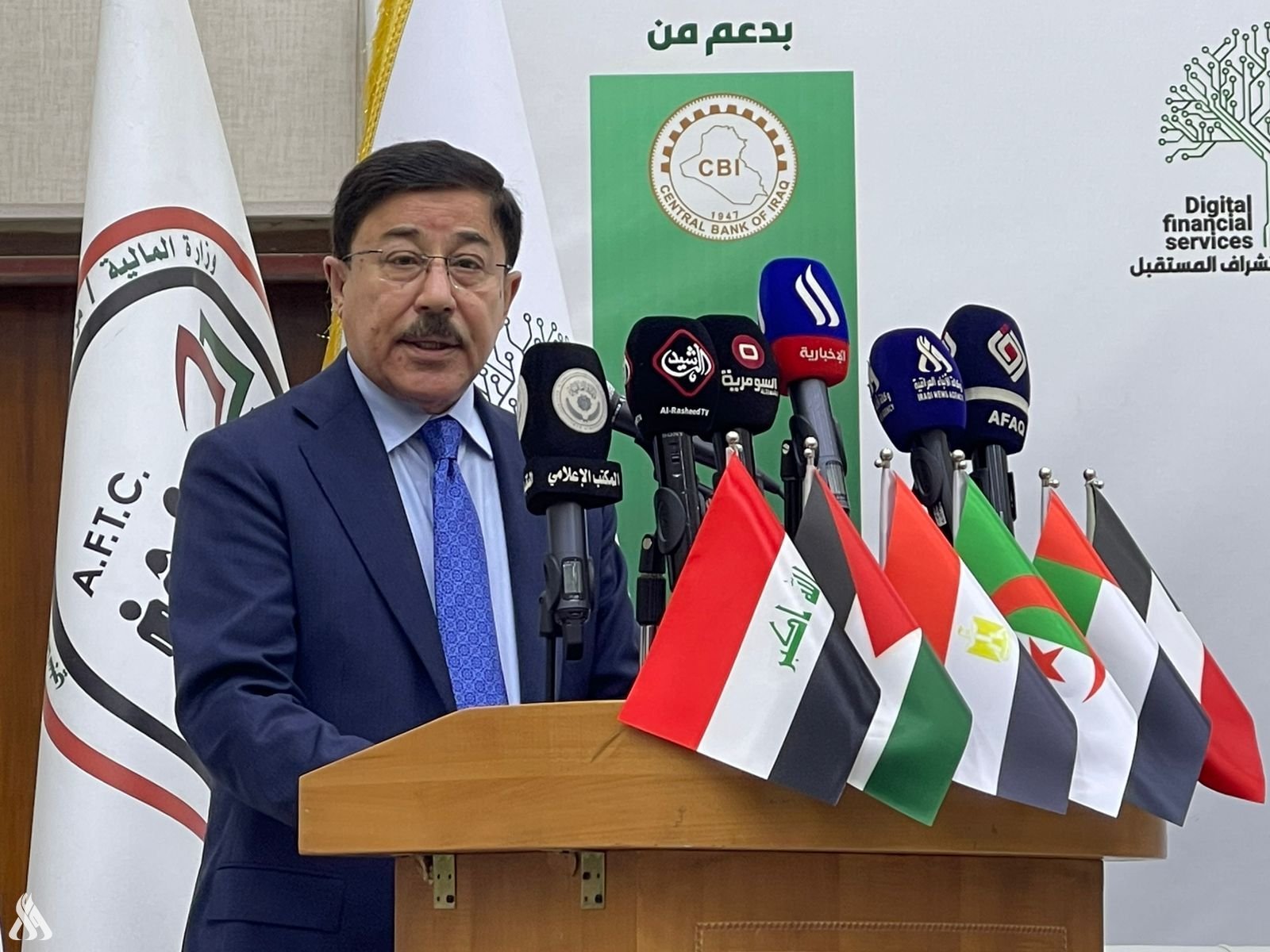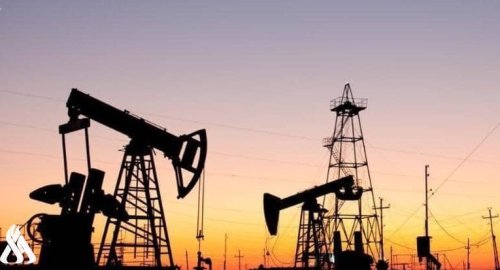
Oil prices jump after EU leaders agree to ban most Russian crude imports

- 31-05-2022, 09:18
INA-sources
Oil prices jumped after EU leaders reached an agreement late Monday to ban 90% of Russian crude by the end of the year.
During Asia hours on Tuesday, U.S. crude futures for July were up 2.81% to $118.29, while Brent crude futures rose 0.93% to $122.80. Contracts for August also traded higher: U.S. crude rose 2.84% to $115.42, and Brent was up 1.17% to $118.98 per barrel.
The agreement resolves a deadlock after Hungary initially held up talks. Hungary is a major user of Russian oil and its leader, Viktor Orban, has been on friendly terms with Russia’s Vladimir Putin.
Charles Michel, president of the European Council, said the move would immediately hit 75% of Russian oil imports.
The embargo is part of the European Union’s sixth sanctions package on Russia since it invaded Ukraine. Talks to impose an oil embargo have been underway since the start of the month.
“The European Council agrees that the sixth package of sanctions against Russia will cover crude oil, as well as petroleum products, delivered from Russia into Member States, with a temporary exception for crude oil delivered by pipeline,” according to a May 31 statement from the European Council.
The European Council added that in case of “sudden interruptions” of supply, “emergency measures” will be introduced to ensure security of supply.
That temporary exception covers the remaining Russian oil not yet banned, European Commission President Ursula von der Leyen said in a press conference.
“We have agreed that the Council will revert to the topic as soon as possible in one way or the other. So this is a topic where we will come back to and where we will still have to work on, but this is a big step forward, what we did today,” she said, referring to the temporary exemption.
Von der Leyen explained that the temporary exemption was granted so that Hungary, along with Slovakia and the Czech Republic — all connected to the southern leg of the pipeline — have access which they cannot easily replace.
Roughly 36% of the EU’s oil imports come from Russia, a country that plays an outsized role in global oil markets.
The ban could exacerbate worries over an already-tight energy market. Energy prices have soared over the past year, contributing to a heated inflationary environment in many countries.
“While pipeline imports were not included in this agreement, an embargo on seaborne oil imports is still significant, accounting for around two thirds of the EU’s oil imports from Russia,” Vivek Dhar, director of mining and energy commodities research at the Commonwealth Bank of Australia, wrote in a note following the news.
“A further ban on Russian Crude delivered by shipments will tighten already strained supply amid rising demand due to onset of driving season in [the] United States,” wrote Avtar Sandu, senior manager of commodities at trading platform Philip Nova.
Meanwhile, OPEC+ is expected to stick to its original plan of a modest increase of 432,000 barrels a day for July, Sandu added.
Source: CNBC
Australia orders urgent evacuation as massive bushfire rages in national park
- International
- 08:57
10,000 artifacts returned during the current government’s term
- Investigations and reports
- 09:55
Putin: Russia seeks to end conflict in Ukraine
- International
- 09:32
US Central Command: We killed ISIS terrorist leader Abu Yusuf in Syria
- International
- 24/12/20
7 ISIS elements arrested in Kirkuk
- Security
- 24/12/20
